While having the time of your life on your motorhome holiday you may need to keep up with work — or just connect with your family and friends. Those travel pics, videos and stories will make your adventures extra special. They deserve to be seen and heard.
But how do you gain the best of both worlds — staying connected and switching off while road tripping into the unknown?
This blog looks at your main options for connecting to the internet on a New Zealand motorhome roadie and the pros of choosing either onboard WiFi or mobile data.
|
Contents |
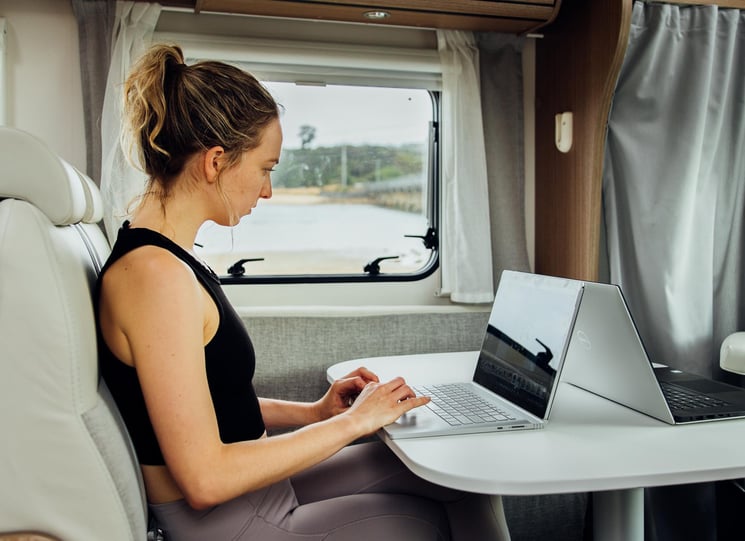
Improvements to the country’s mobile network and rural broadband coverage undertaken over the last decade have greatly improved internet connectivity for RV travellers. You can now head off-the-beaten-track on a campervan hire with the confidence that a connection is there when you need it.
Travel in the 21st century
Since the last millennium, the world of travel has changed rapidly with technological advances in mobile devices (handheld computers) and increasingly accessible WiFi.
The term WiFi is more or less synonymous with the internet. However, it’s actually a wireless connection standard — a highly advanced digital radio using frequencies between two and five gigahertz.
If you’re travelling with a wireless device, you’ll be able to connect to the internet through WiFi or by using mobile data. Either option will get you a net connection during your travels — but which is best for your needs?
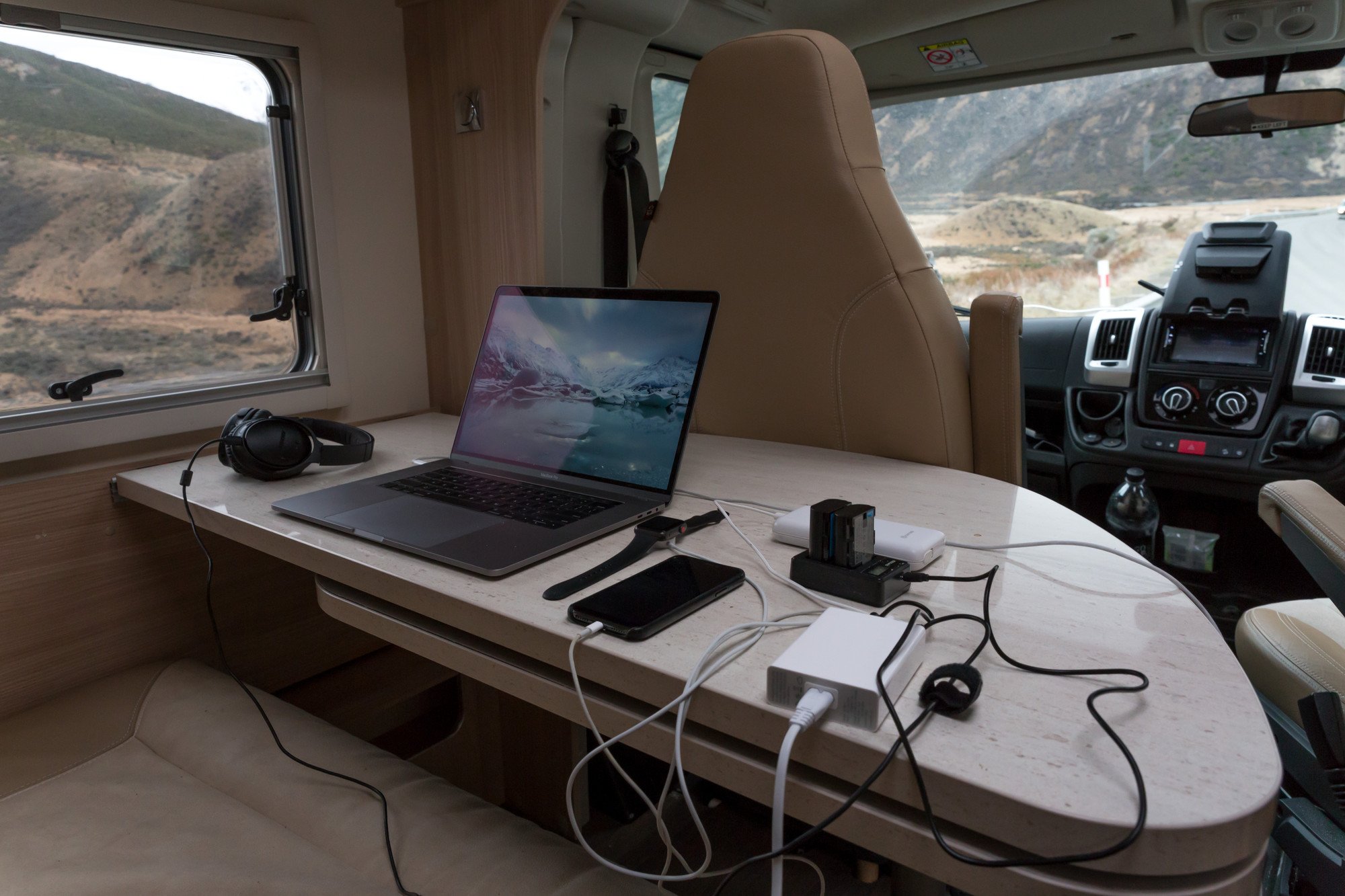
The benefits of being connected
If you're connected to technology while you’re adventuring by motorhome you'll be able to stay in touch with friends and family — plus keep up-to-date with the world.
WiFi on the road can also be extremely handy for:
- Discovering places on your travels
- Planning activities in advance
- Working while on holiday
- Adventuring off-the-grid.
But are mobile data plans going to be enough for you and your group to plan ahead, keep in touch, and stay up-to-date?
Your motorhome may come with WiFi
Not many New Zealand motorhome rental companies offer onboard WiFi plans as an optional extra. Make sure to check when you book.
While motorhome travelling in New Zealand, you really only have two options for staying in touch and planning your journey. You can either:
- Buy a data plan with a local mobile service provider, or
- Get onboard WiFi through a motorhome rental operator.
Using a mobile service provider involves purchasing a data plan along with a local SIM card (which is sometimes free). The data’s then loaded onto your New Zealand SIM.
Airports are renowned places for influencing arriving travellers to purchase necessary items like mobile data plans.
|
Onboard WiFi with Wilderness All Wilderness motorhomes have WiFi permanently installed. If you prefer to have access to onboard WiFi, you can book it before your trip — or add it on during your holiday. Each Wilderness motorhome also features SmartTV but you need to book WiFi with us to use it. Take a look at our unlimited WiFi and SmartTV offer. |
New Zealand mobile operators
The three largest players in New Zealand’s mobile industry are Spark, One New Zealand and 2degrees. Along with several smaller operators, they all offer mobile data plans from only a few GB per month to unlimited data.
Compare the current data offers from mobile operators.
The Rural Broadband Initiative (RBI)
Another option exists beyond the country’s mobile operators — WiFi that’s provided via a different network to mobile data.
The RBI is a New Zealand Government initiative tasked with providing faster internet to hundreds of thousands of rural homes and businesses outside ultra-fast broadband areas.
Their target is to have 99% of New Zealanders able to access 50 Mbps peak speeds while the remaining 1% also have access but at lower speeds — all by 2025.
The initiative is changing the way you can travel New Zealand by motorhome. What began as an investment in New Zealand’s rural houses and businesses has evolved into a huge asset for tourists.
Exploring remote places to freedom camp while keeping in touch with the important people in your life is now possible.
-1.jpg?width=2000&name=RS20352_MtMaunganui17-lpr%20(1)-1.jpg)
Coverage is also being prioritised for popular tourist hotspots like:
- Cape Reinga, Tane Mahuta, Ninety Mile Beach and other parts of Northland
- Lake Tarawera, Kaingaroa Forest, Te Wairoa (the buried village) plus other areas of the Bay of Plenty
- Wharariki Beach, Blue Lake, Totaranui Beach and other Tasman gems
- Okarito Lagoon, Jackson Bay, Lake Kaniere plus other isolated West Coast spots
- Milford Sound, Curio Bay, Mirror Lakes and other Southland treasures.
Even some famous trailheads like the Routeburn, Heaphy, Milford and Pureora Forest Tracks are within range.
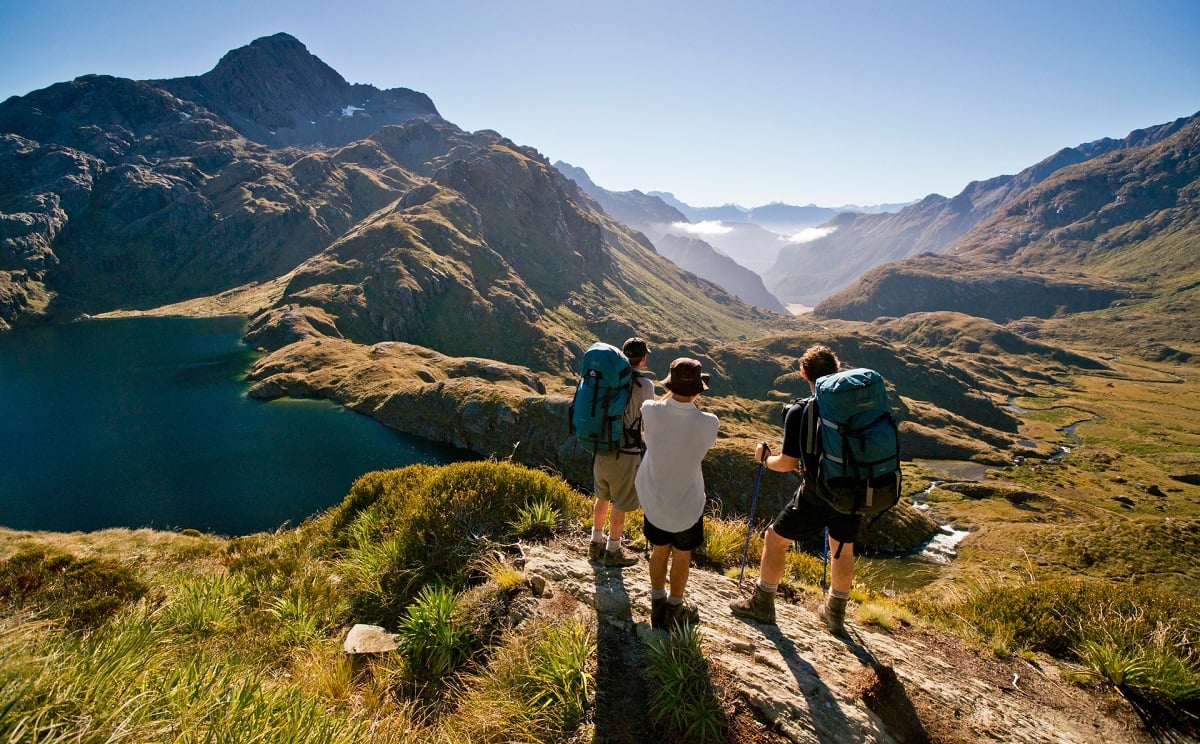
How does motorhome WiFi work?
Motorhome WiFi works similarly to your home setup. If you choose it as an extra, there’ll be a router in your vehicle with a network name and a password.
Once your device is connected to the router you’ll have access to the internet as you travel. Not only that, but your travelling group will also be able to connect. In fact, an onboard motorhome router can connect up to 20 devices at the same time.
The router uses New Zealand’s fixed long-range RBI network — which has 4G-enabled towers across the country and in many tourist areas. Just be aware that there may be very remote areas where WiFi is still not currently available.
Onboard WiFi or a mobile data plan?
To keep in touch with loved ones and to research your upcoming adventures, you’ll have a key decision to make. Do you purchase a mobile data plan or onboard WiFi?
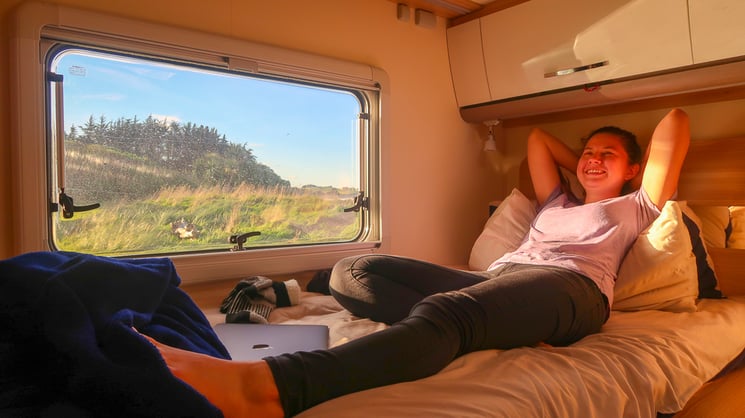
Why choose a mobile data plan?
A couple of reasons why choosing a mobile data plan might be best for you are:
- City travel — if you’re planning to tour mostly urban areas, a mobile plan may be ideal
- Convenience — if you only have one device to connect to the internet at a time.
New Zealand mobile data plans are relatively expensive compared to other countries, and there are also some limitations.
Mobile coverage does cover areas where more than 95% of New Zealanders live and work. However, the geographic area or landmass of New Zealand that currently has mobile coverage is only around 50%.
Why choose onboard WiFi?
Onboard routers that are available from motorhome hire companies like Wilderness can be the easier, more economical answer. Some reasons why you should go for onboard WiFi are:
- Cost — you and your travelling companions will be able to connect up to 20 devices to the router at the same time
- Reliability — you can expect a reliable connection across multiple devices as you travel
- Range — you’ll even be able to connect to the router outside your motorhome, up to around 20 metres away.
Discover what items should be included in your motorhome rental.
Find out more about onboard WiFi and general entertainment in your Wilderness motorhome.



